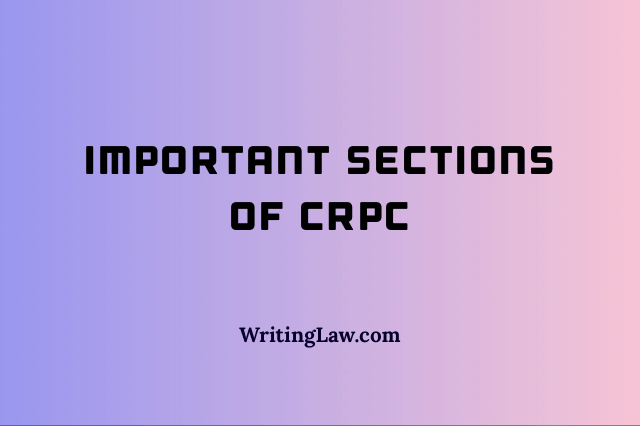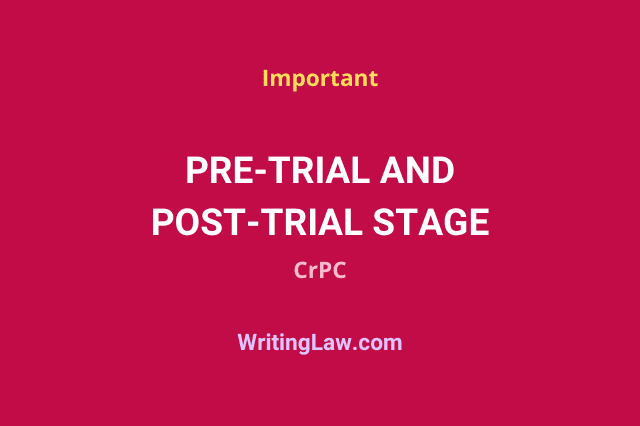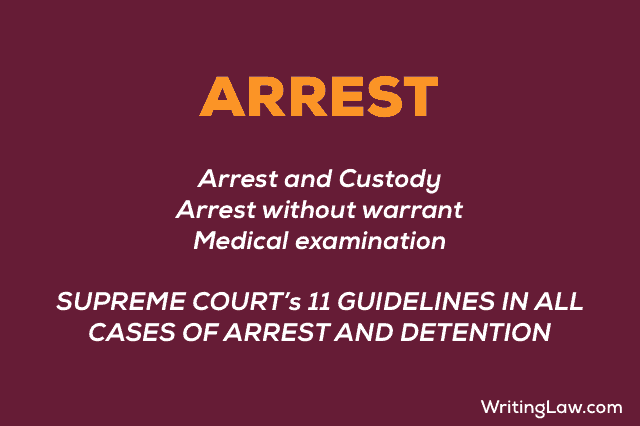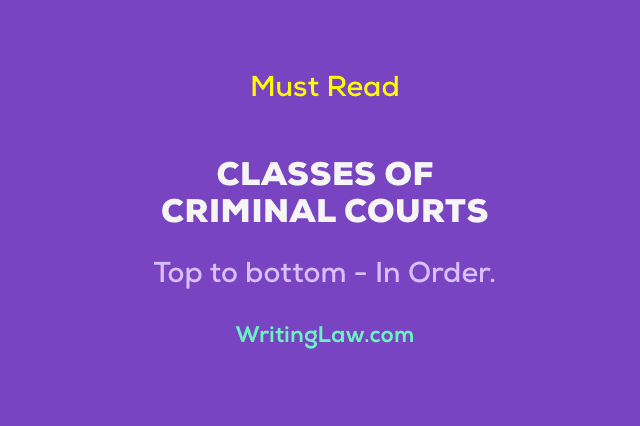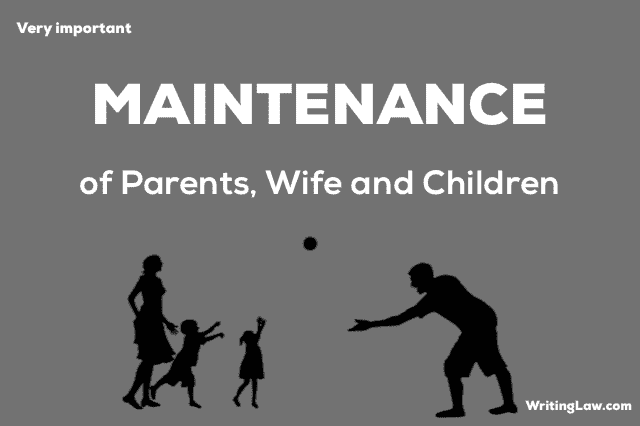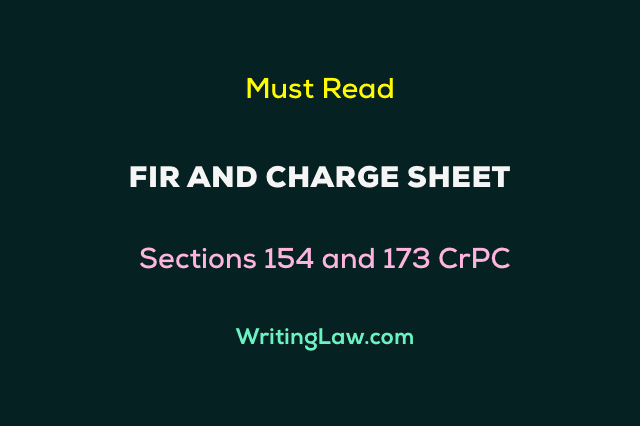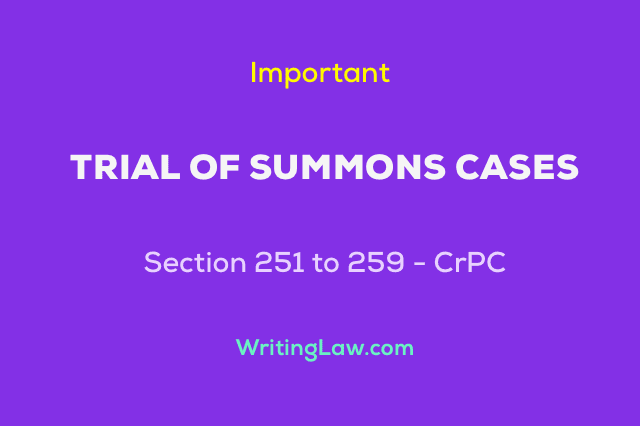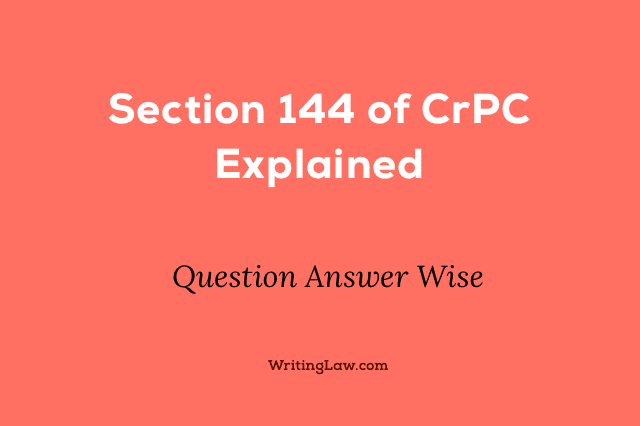What are the Legal Protections Available to an Accused
Along with the rights granted to the accused, some legal protection is available as well. Protection to the accused is provided with a view of human dignity that is given to every citizen. This short law note states the legal protection that is available to an accused under a criminal trial. And, these can be stated as:
1. Doctrine of double jeopardy.
2. Presumption of innocence.
3. Doctrine of self-incrimination.Read…

